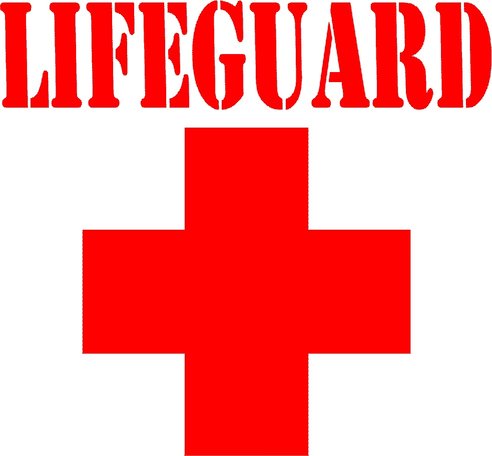
Mike
Sandusky, OH
Male, 20
I worked at an extremely busy water park for about two years straight and a summer camp as a beach lifeguard. Working at a water park operating 365 days a year as well as on a beach, I've seen my fair share of interesting scenarios. I've been the good guy with the band-aid, and the bad guy who yells at your kids (for good reason trust me). I'll do my best to answer any questions you have.
It definitely taught me to trust other people. During busy days it is absolutely crucial to rely on the other guards around you to scan their respective zones of the pool. One person can't watch everyone at a large pool operating at capacity. It has taught me not to judge a person based on how they look, I can remember having to rescue some huge guys that just seeing them, you would assume that they knew how to swim. It also taught me tact, I learned when to be jovial and extremely nice to a resort guest, and when you have to be stern and forceful to get a point across. Overall, yeah, I'd say it made me a better person in general.
If anything it was the water park guards that had a superiority complex due to the amount of rescue activity we would see. While an open water guard might have 4 or 5 rescues in their entire career, it was not uncommon to have 5-10 rescues a day in the water park depending on your position for the day.
Personally, no, I did not become a lifeguard to pick up chicks. I became one out of living by the water and enjoying aquatics related activities. On the other hand, I do know some who did, and long story shortyes, it does work.
Wendy Peffercorn from The Sandlot is the first one that comes to mind, although I'll have to take points off for not checking for a pulse or breathing before starting CPR. Other than that I've got to go with Baywatch.
Casino Dealer
 Do you find casinos to be depressing places to work?
Do you find casinos to be depressing places to work?
Football Official
 Were the replacement refs actually worse than the regular refs?
Were the replacement refs actually worse than the regular refs?
Rap Promoter / Manager
 Do rappers ever stage beefs with each other as a PR stunt?
Do rappers ever stage beefs with each other as a PR stunt?
The training will vary slightly based on the organization doing the training. Like I've said before, I've done guard training through three different organizations but they're all pretty similar. There is a lot of classroom instruction covering various medical topics as well as some in-water training that covers different rescues and what not. The written tests are all pretty easy. If you pay attention in training it's really easy and most of the questions are common sense regardless. The hardest tests for me to pass were the timed swimming events. As long as you're a strong swimmer you'll be fine with those.
I would suggest swimming as much as possible to increase your skills. You can try swimming timed laps in order to keep track of your improvement. Look up the swimming tests needed to earn a certification and practice those tasks. Swim 300 to 400 yards continuously, dive to depths of 7 to 10 feet to recover a 10 pound item, tread water for as long as possibly using just your legs.
As a lifeguard, I was given a discount on any retail or food shops in the resort I worked for, but that was given to all employees of the resort, not exclusively to lifeguards.
-OR-
 Login with Facebook
Login with Facebook (max 20 characters - letters, numbers, and underscores only. Note that your username is private, and you have the option to choose an alias when asking questions or hosting a Q&A.)
(A valid e-mail address is required. Your e-mail will not be shared with anyone.)
(min 5 characters)
By checking this box, you acknowledge that you have read and agree to Jobstr.com’s Terms and Privacy Policy.
-OR-
 Register with Facebook
Register with Facebook(Don't worry: you'll be able to choose an alias when asking questions or hosting a Q&A.)